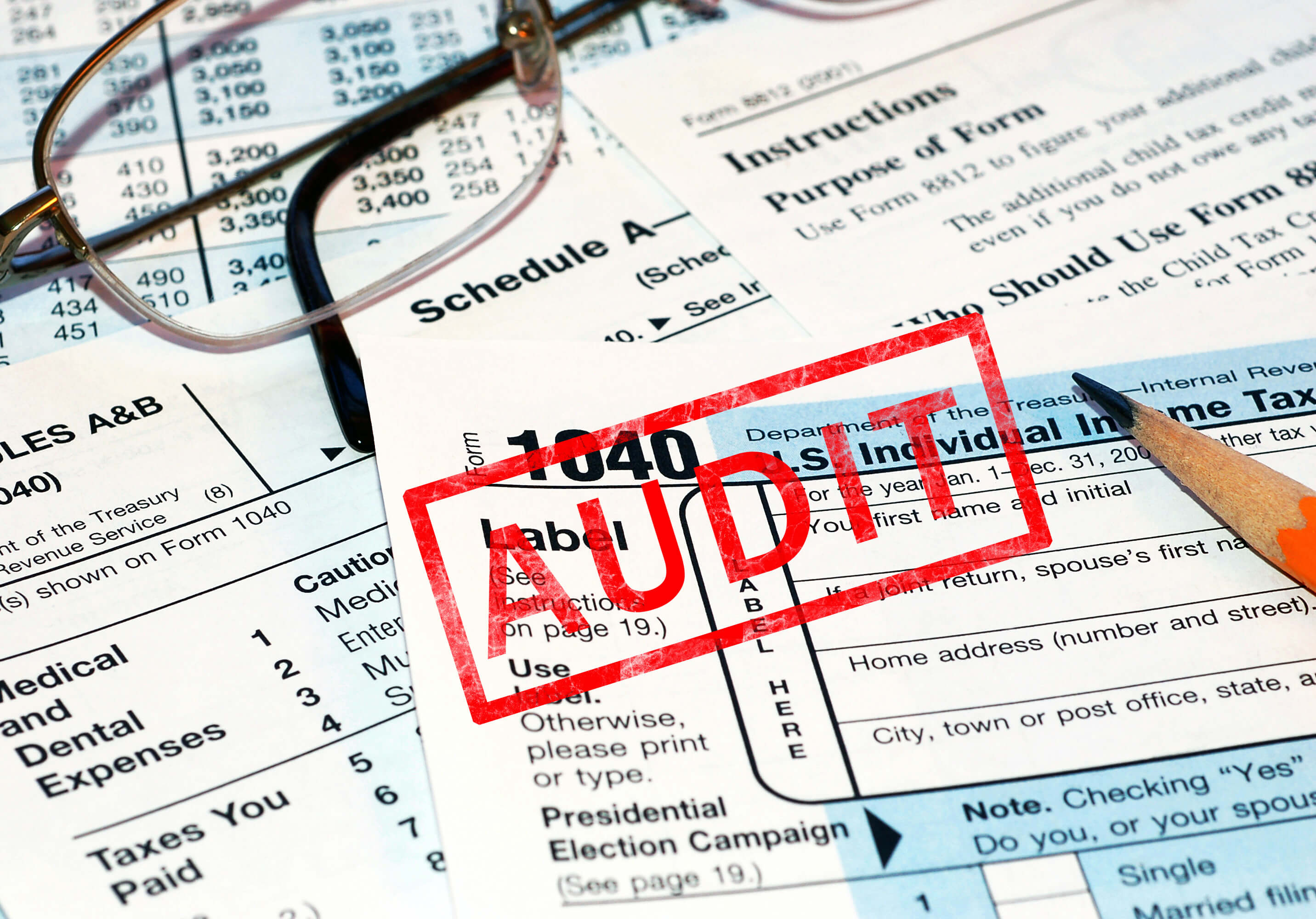
Taxpayers typically want to do everything in their power to avoid an IRS audit. Because the IRS is not entirely forthcoming about how some returns are chosen over others, it can be difficult for you to know how to audit-proof your returns.
However, it is known that the IRS does look for certain information on taxpayers' returns that could indicate fraud or false information and thus warrant a closer inspection. These filing situations may cause the IRS to choose your return and single you out for an audit.
Earning a Higher Income
Historically, it has been proven that people who earn higher than average incomes get audited more than the average earner. In fact, people who earn $200,000 or more per year stand a three percent greater chance of being audited while those who earn $1 million or more have a 6.5 percent chance of an audit.
While you should not hide your income or falsely report a lower amount, you should be prepared to provide earning statements like W-2s and 1099s if needed. These statements could alleviate any suspicion of your return and prove to the IRS that you genuinely make your reported income.
Making Cash Tips
The IRS tends to audit cash earners more than wage or salary earners. Cash earners have the opportunity to under report what they make each year and thus avoid paying their rightful amount of taxes.
If you earn a cash income such as tips or other forms of payment, you should report all of your income honestly. You should also keep documentation of your earnings like W-2s and receipts from paid tips if possible for proof.
Filing Self-Employment Income
Self-employed individuals have historically always been on the IRS radar for auditing. People who work as freelancers or those who own their own small enterprises have opportunities to skirt the tax laws more so than salaried or wage earners. Some of the deductions that self-employed workers can claim include expenses for:
- Travel
- Entertainment
- Dining
- Home office
If the IRS believes that these exemptions are too high or they are not on par with the size of the filer's business, it may decide to conduct an audit. Independent business owners and freelance workers should retain proof of their expenses to deflect any suspicion of their returns.
Filing Income from Both a W-2 and a 1099
The IRS may want to know more about why you are claiming income from both a 1099 and a W-2. While some people do legitimately have two different forms of employment as both a wage or salary earner as well as a freelance worker, others falsely claim extra income to try to get a bigger refund.
If you plan to file both kinds of income, you should include copies of your W-2 and your 1099. It may help as well to show proof of this income being deposited into your bank account.
Reporting Losses for Four Consecutive Years
It is expected that business owners may lose money from time to time. However, if you report losses for four years in a row, you could draw the attention of the IRS and find yourself being audited.
The IRS may even reclassify your business as a hobby if you report four consecutive years of losses. It requires that you make a profit three out of five years to avoid this reclassification.
Reporting Large Donations
The government allows people to deduct donations to charities on their tax returns. Many businesses use donations to lower their tax burdens, in fact.
However, if you report larger than average donations, you may inadvertently set yourself up for an audit. The donations that you report should be in proportion to your business and income size. You should also provide receipts to show that you actually donated the money.
Along with these situations, some returns are flagged for auditing at random by the IRS' computer system. However, these reporting behaviors are known to increase the risk of taxpayers being audited. If the IRS selects you for an audit, you should contact a tax professional for assistance and be ready to provide proof of your income, expenses, and donations.




